We Live With Addiction This Is The 1 Thing We Want People To Know.
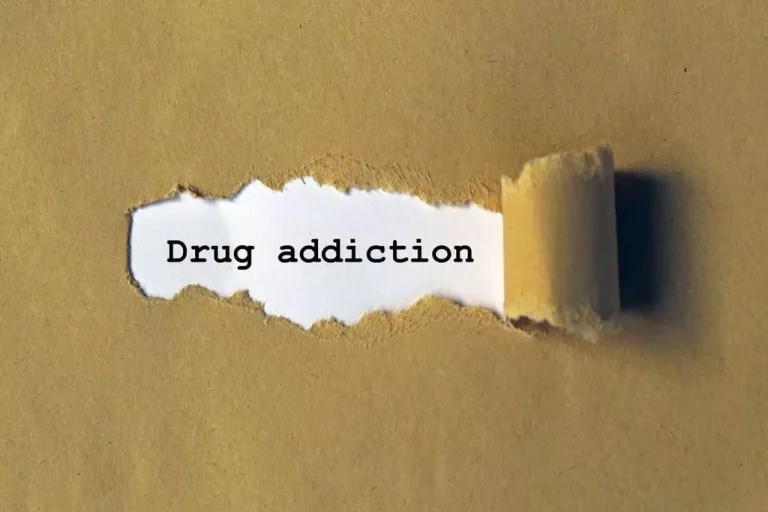
By doing all this, we can break down myths and misconceptions and promote understanding, compassion, and support for addiction and recovery. Addicts shouldn’t be judged; they need understanding and proper treatment. Dual diagnosis matters, as mental health may coexist with substance abuse disorders. Prescription drugs have harmful effects, so accurate info about addiction is needed. Prescription drugs can be dangerous, so it’s important to be aware of their potential effects.
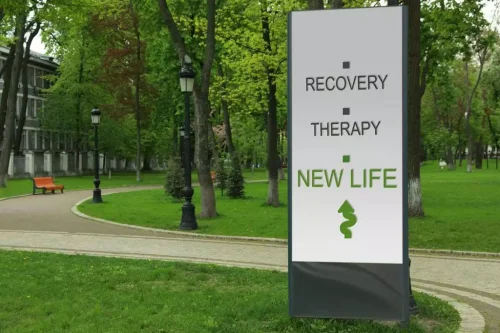
Discover the concept of a sober living home, fostering accountability and support for long-term recovery.
Understanding the truth about addiction can help break down barriers to treatment and support. By debunking these myths, we can create a more informed and compassionate approach to addiction and recovery. Seeking help is a sign of strength, and with the right support, recovery is possible for everyone. With resilience and continued treatment, individuals can bounce back and continue their path to recovery.
Alcoholism: a Serious Disease with Fatal Outcomes
Although this is the case, some people do not accept the need for treatment until a “rock bottom” scenario occurs. But this is far from being the case for everyone who struggles with an addiction. Most of my clients reach out for support before having a “rock bottom” moment and many recover without having to experience one. There are many conditions for which science has yet to find a cure. The field of addiction is new, and research has progressed since the 1970s to today with new understanding, treatments, and hope. Our work in the 1970s discovered where in the brain heroin acts, what changes are produced, how addiction and withdrawal occur, and how it could be reversed with medicines.
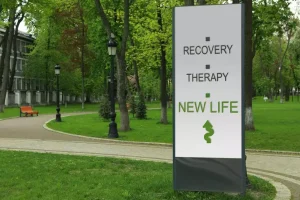
Denial is common, both for people struggling with addiction and for people who love them.
There is an unfortunate stereotype that a person who becomes addicted to alcohol or drugs is a “bad” person. There are many reasons a person’s body becomes dependent on chemical substances, myths about addiction and recovery but it goes beyond who they are inside. When you complete your initial program, it will be wise to avoid the people and situations that may cause you to crave alcohol or other substances.
- Recovery is an on-going process that needs continuous effort and sustained commitment.
- Less than factual information about such life-impacting issues is dangerous and can actually cause harm to addicts and their loved ones.
- Treatment should be seen as the first step towards wellness rather than a cure in itself.
- These professionals may specialize in areas like cognitive behavioral therapy or psychoanalysis, depending on specific issues.
- Certain genetic variations can make some people more susceptible to developing addictive behaviors when exposed to drugs or alcohol.
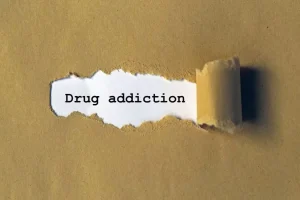
It can impact anyone, regardless of their background or circumstances. Addiction is a complex condition that can develop due to various factors such as genetics, environment, trauma, mental health issues, and social influences. Research has shown that addiction is a multifaceted issue involving changes in brain chemistry and functioning. It alters the brain’s reward system, leading to compulsive drug-seeking behavior and difficulty in controlling substance use.
- There is a common misconception that addiction only affects individuals who come from a troubled upbringing or have certain personality traits.
- It is a chronic disease influenced by various factors such as genetics, upbringing, trauma, and other environmental influences.
- If you are looking for drug and alcohol detox, inpatient rehab, or ongoing support for your recovery, our addiction treatment center can offer you the help and guidance you need.
- The belief that one must reach “rock bottom” delays access to care and puts them at risk of further harm.
- If you tell yourself something is true over and over, you believe it wholeheartedly.
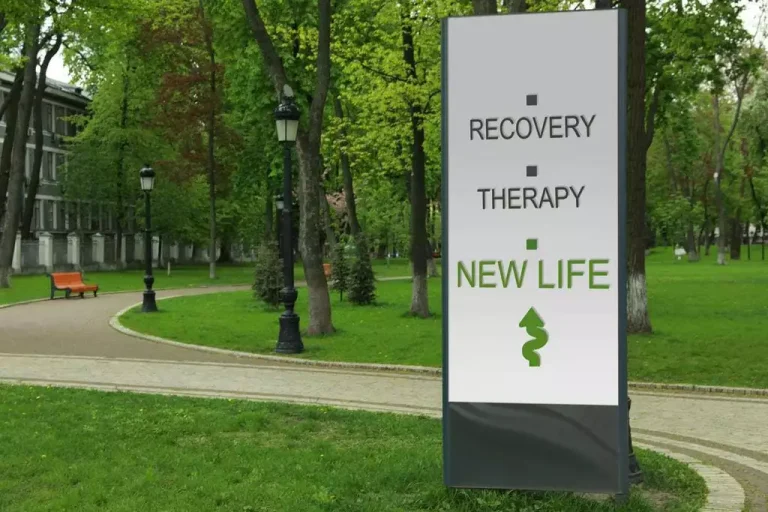
Empathy and support are crucial in navigating the complexities of recovery as individuals work towards lasting change. Stereotypes surrounding addiction often create a barrier to understanding and empathy. Many believe that only homeless individuals or those facing extreme poverty struggle with substance use disorders. https://ecosoberhouse.com/ However, addiction is a widespread issue that transcends these stereotypes. Addressing the misconception that addicts lack willpower is crucial in understanding the nature of addiction.
Avenues Recovery’s professional, highly skilled team have treated countless addicts and heard all the myths there are about addiction. Read on to learn the baseless common misconceptions about addiction and to discover the real truths behind the rumors. The data illustrates that addiction can affect individuals regardless of their financial stability or background. Additionally, factors like mental health and environment play significant roles in addiction risk. Relapse is often seen as a sign of failure, but it’s actually a common part of the recovery process.
- There is no sign that the failure of this perspective is causing or will cause any prevailing actors to change their thinking.
- Gateway’s aftercare programs are designed to provide you with a safety net after you leave your initial treatment program.
- The video above does an excellent job of explaining the physiological effects of alcohol, that are proven to actually make anxiety symptoms worse within a few hours of drinking.
- They might be used to calm cravings while your body goes through detox, or help a person with recovery maintenance.
- While we’re firm believers in the power that comes with education and setting boundaries, we never want loved ones to feel shame or as if it’s their sole responsibility to get someone well.
Addicts are not bad people, they are sick people who deserve treatment.
Below is a summary of some common misconceptions and their real impacts on society. Recovery is a journey that often involves multiple steps and stages. Even after completing a rehab program, individuals need ongoing support to stay on track. This can include attending support groups, continuing therapy, and making healthy lifestyle changes. Recognizing that recovery is a lifelong process can help individuals stay committed to their sobriety.
- Instead of punishment, individuals should get the resources for treatment and support on their healing journey.
- And the stigma surrounding addiction and treatment can jeopardize treatment outcomes, research, policies and societies as a whole.
- Developing and maintaining a healthy lifestyle can help you heal from the effects of addiction, physically and emotionally.
- Shame can be a large factor in stopping people from seeking help and talking about the effects of addiction.
Addiction is a Real Illness that Can be Treated Behaviorally
Erasing these walls and making a safe environment for non-judgmental conversations is key in assisting those on the way to recovery. Misconceptions exist that affordable treatment for addiction may not be effective. But, it is important to know that treatment is not a cure but the first step to wellness.